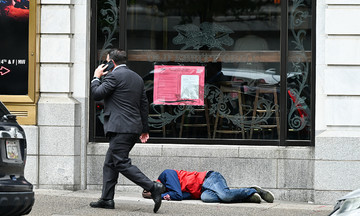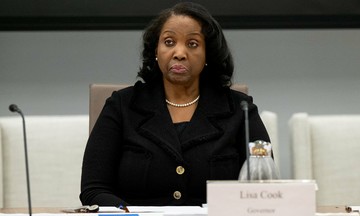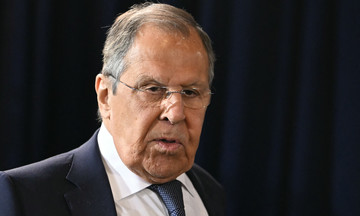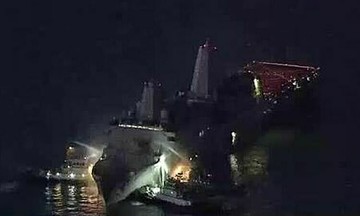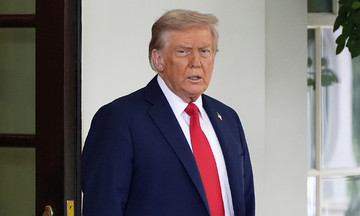"The rule of law and the fight against corruption are core values of the European Union (EU). As a candidate country, Ukraine is expected to fully comply with these standards. There can be no compromise," EU spokesperson Guillaume Mercier said on 23/7.
The statement came a day after Ukrainian President Volodymyr Zelensky signed into law a bill giving the prosecutor general, a presidential appointee, greater control over the National Anti-Corruption Bureau of Ukraine (NABU) and the Specialized Anti-Corruption Prosecutor's Office (SAPO).
The Ukrainian government maintains the new law will improve the functioning of anti-corruption agencies. However, critics argue that this move is aimed at consolidating Zelensky's power and will allow the government to interfere in high-level corruption cases.
Mercier added that European Commission President Ursula von der Leyen had contacted Zelensky about the latest developments. "She expressed serious concerns about the implications of the legal adjustments and asked the Ukrainian government for an explanation," the EU spokesperson said.
In addition to von der Leyen, European Council President Antonio Costa also expressed concerns to Zelensky and requested clarification from the Ukrainian leader.
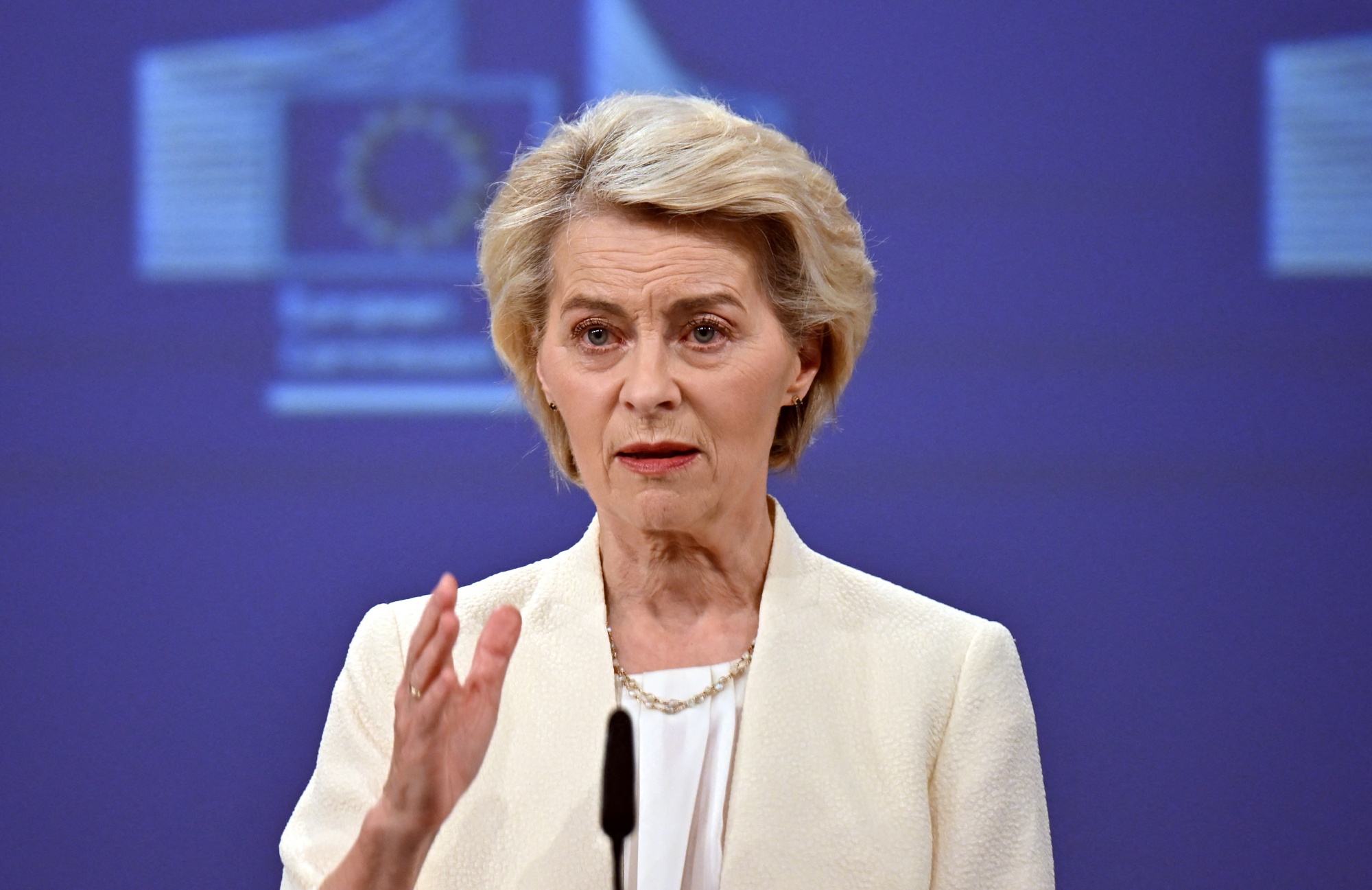 |
European Commission President Ursula von der Leyen at a press conference in Brussels, Belgium on 16/7. Photo: AFP
German Foreign Minister Johann Wadephul also expressed concern about Ukraine's new law, warning that this move could hinder Kyiv's efforts to join the EU. He expects Ukraine to continue its fight against corruption.
Earlier, EU enlargement commissioner Marta Kos said Ukraine's move was a "serious setback." Many European parliamentarians and officials have called on Kyiv to reverse its decision.
These statements mark rare criticism from the EU, a key ally of Ukraine since the conflict began, as Kyiv is in the process of negotiating to join the bloc. Ukraine's partners are concerned that the new law will undermine anti-corruption reforms, which are key to Kyiv's EU accession efforts.
The new law also sparked the first major protests in Kyiv since the war began in 2/2022. Thousands of people, mostly young, gathered in the city center on 23/7 to urge Zelensky to veto the law.
NABU investigates high-ranking officials for corruption and then refers cases to SAPO for prosecution. These are two independent anti-corruption agencies established by Ukraine in 2014. NABU and SAPO criticized the new law, stating that "decisive legislative actions are needed" to restore their independence.
In a speech following a meeting with top executive and anti-corruption officials on 23/7, Zelensky said the law revoking the autonomy of NABU and SAPO was intended to "create an executive system strong enough to protect the Ukrainian state".
Huyen Le (According to AFP, Reuters, Politico)




